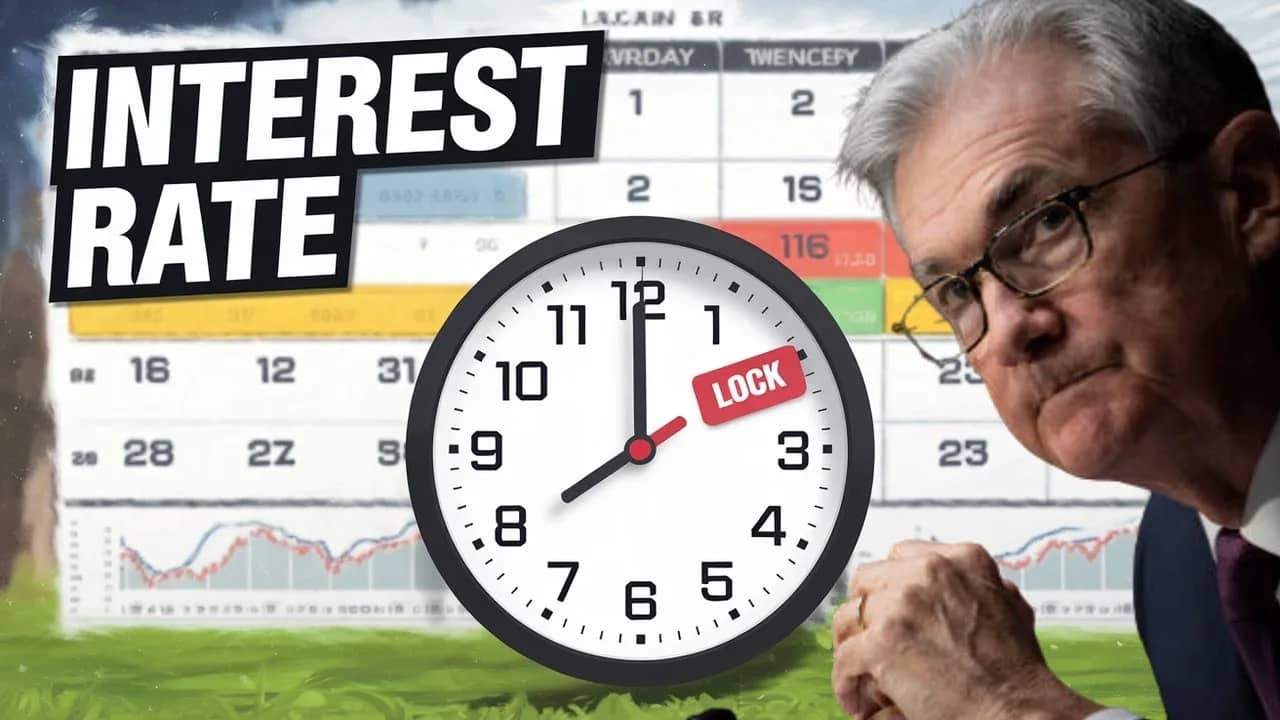Understand Mortgage Rates and Debt Management
Are you thinking about buying a home, refinancing, or tackling your debt? If so, understanding how interest rates work and how they impact your financial decisions is crucial. Let’s break it down in simple terms and explore how you can make smarter choices with your money in 2025.
How Mortgage Rates Are Determined
Mortgage rates aren’t set by the Federal Reserve, but they are influenced by it. The Fed controls the federal funds rate, which indirectly affects the cost of borrowing, including mortgages. Here’s how it works:
- Federal Funds Rate: This is the interest rate banks charge each other for overnight loans. While it doesn’t directly set mortgage rates, it influences the broader interest rate environment.
- 10-Year Treasury Yield: Mortgage rates are closely tied to the 10-year Treasury yield. Historically, the 30-year fixed mortgage rate is about 1.75% to 2.5% higher than the 10-year Treasury yield.
- Market Spreads: Recently, the spread between the 10-year Treasury and mortgage rates has been wider due to economic uncertainty, pushing mortgage rates higher.
For example, if the 10-year Treasury yield is 4.4%, and the spread is 2.5%, the 30-year fixed mortgage rate would be around 6.9%.
Forecasting Mortgage Rates in 2025
Based on current forecasts, there’s a 60% chance the federal funds rate will stabilize between 3.75% and 4.0% by the end of 2025. If that happens, here’s what we can expect:
- 10-Year Treasury Yield: Historically, this is about 0.5% below the federal funds rate. If the Fed rate stabilizes at 3.75%, the 10-year Treasury could hover around 3.25%.
- Mortgage Rates: Adding the typical spread of 2.5%, the 30-year fixed mortgage rate could settle at approximately 5.75% by the end of 2025.
While this is just a forecast, it gives us a roadmap to plan ahead.
Why Your Blended Household Interest Rate Matters
Focusing solely on your mortgage rate can be misleading. Instead, you should look at your blended household interest rate, which is the average interest rate across all your debts, including credit cards, auto loans, student loans, and more.
For example, you might have a 3% mortgage rate, but if you’re carrying high-interest credit card debt at 20%, your blended rate could be much higher. This is why it’s essential to look at your overall financial picture, not just your mortgage.
The Two-Step Debt Management Strategy
To take control of your finances, consider the following two-step approach:
- Step 1: Restructure Your Debt
- Consolidate high-interest debts into lower-interest options.
- Use the savings to make additional principal payments on your mortgage.
- This reduces your overall debt burden and improves your credit score.
- Step 2: Refinance When Rates Drop
- If mortgage rates fall in 2025, refinance to lock in a lower rate.
- Continue making extra principal payments to pay off your loan faster.
By following this strategy, you can save hundreds of dollars each month and pay off your debts sooner.
The Importance of Discipline
The key to success is discipline. Sticking to your debt management plan ensures you stay on track to achieve financial freedom. Without discipline, even the best strategy can fall apart.
Understanding How Mortgage Rates Work
Understanding how mortgage rates work and managing your overall debt is essential for building long-term wealth. By focusing on your blended household interest rate and following a disciplined debt management plan, you can save money, reduce stress, and achieve your financial goals in 2025.
If you’re ready to take control of your finances, start by calculating your blended household interest rate and exploring ways to restructure your debt. And remember, the best time to act is now.
For more tools and resources, visit rsrlinks.com and take the first step toward financial freedom.
Subscribe to our newsletter!
Related Posts
- Mortgage Strategy 2025: Navigating the Future of Real EstateThe real estate market is constantly evolving, and as we look ahead to 2025, it’s clear that both homeowners and investors need a solid mortgage strategy to navigate the challenges and opportunities ahead.
- How a Mortgage Actually WorksThe world of real estate can feel overwhelming, especially if you’re new to it. With so many terms and concepts to grasp, buying a home might seem like a daunting
- How to Get Out of a MortgageIf you’re feeling stuck in your mortgage or simply exploring your options, you’re not alone. Many homeowners in the United States and United Kingdom find themselves wondering how to get out of a mortgage.
- How to Qualify for a Mortgage with Student Loan Debt in 2025Buying a home is a significant milestone, but for millions of Americans carrying student loan debt, the path to homeownership can feel daunting. The good news? Qualifying for a mortgage
- Mortgage Rates UpdateHey everyone, Dan Freo here with your Closing Bell update for February 14th, 2025. Today, we’re diving into the national deficit, mortgage rates, bond market reactions, and equity movements. But
